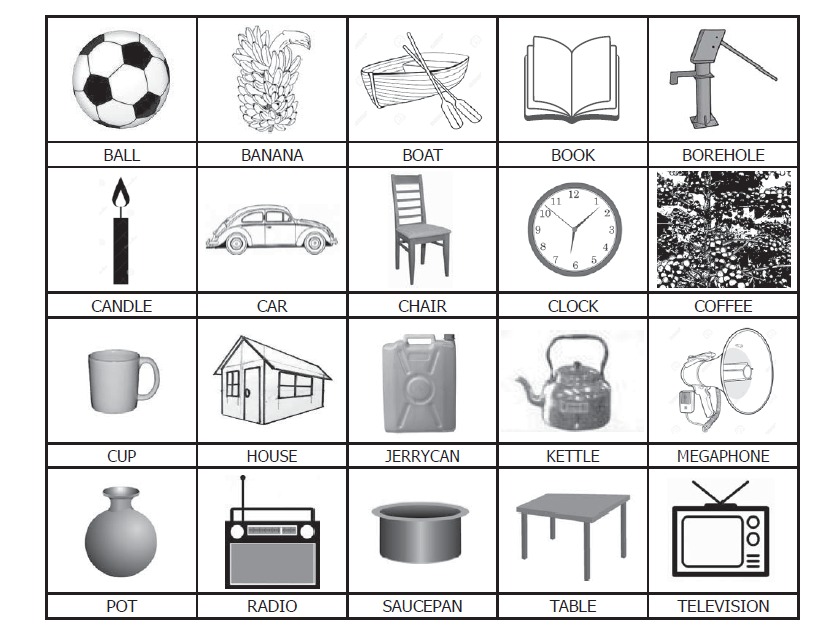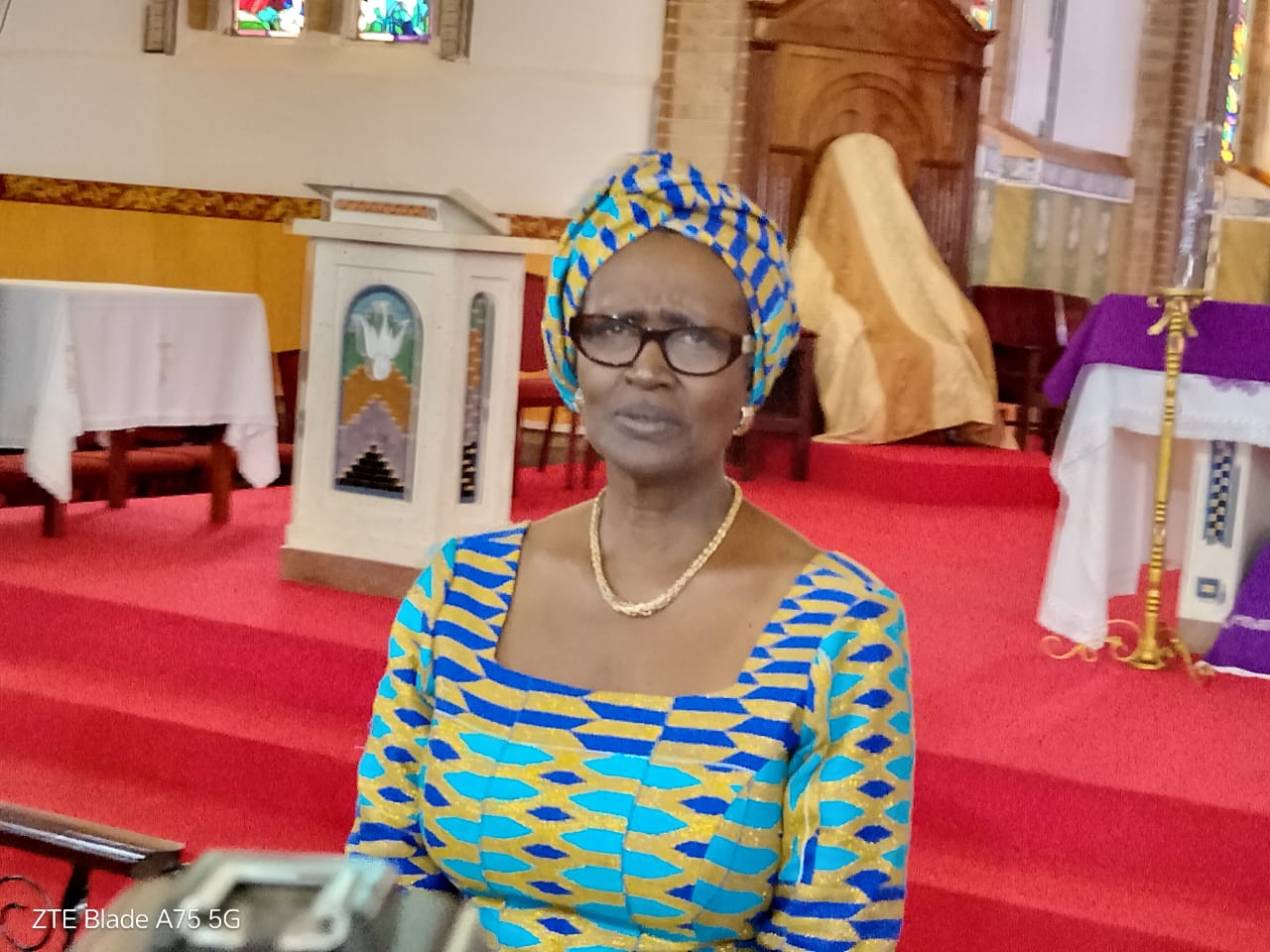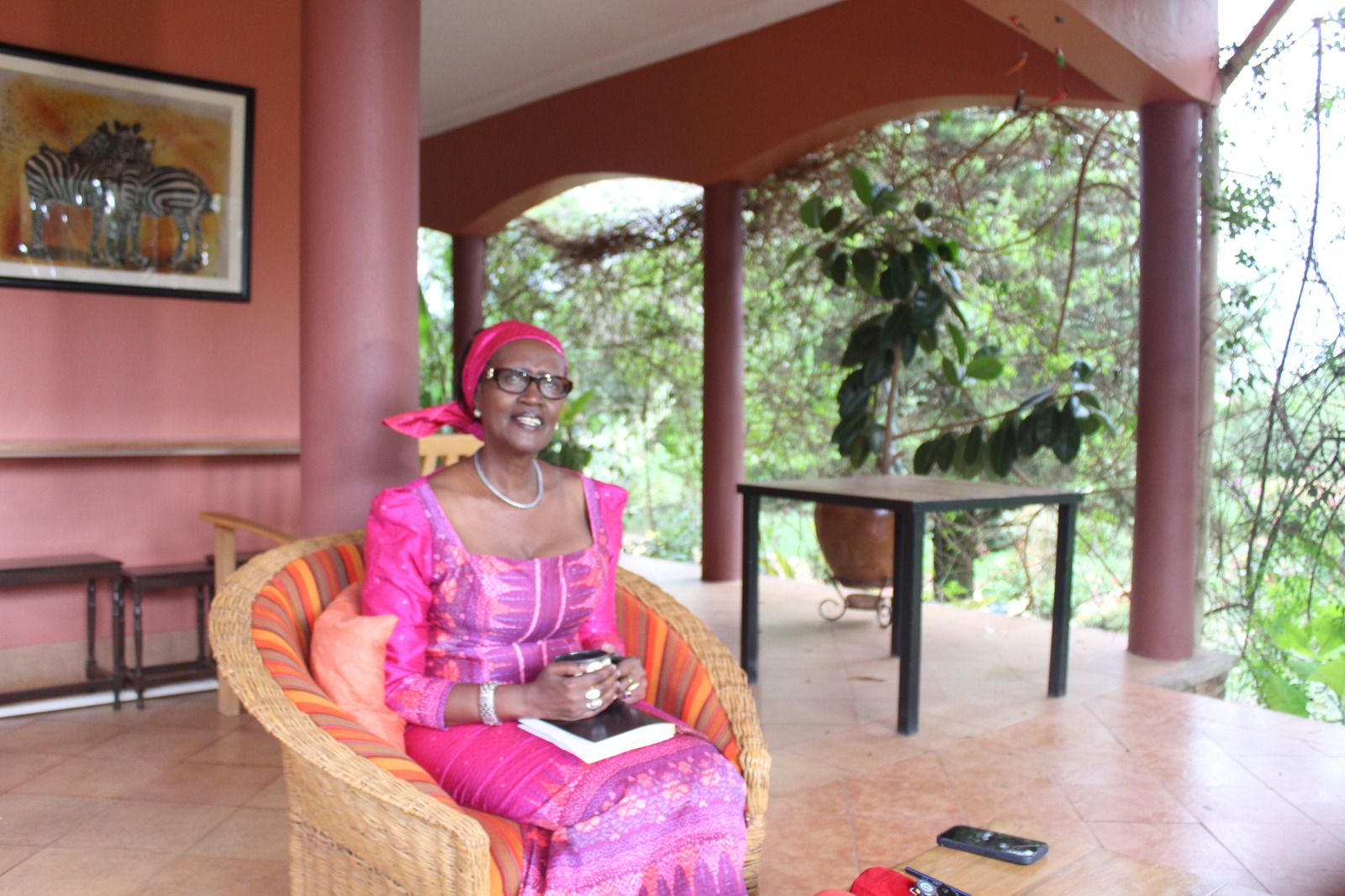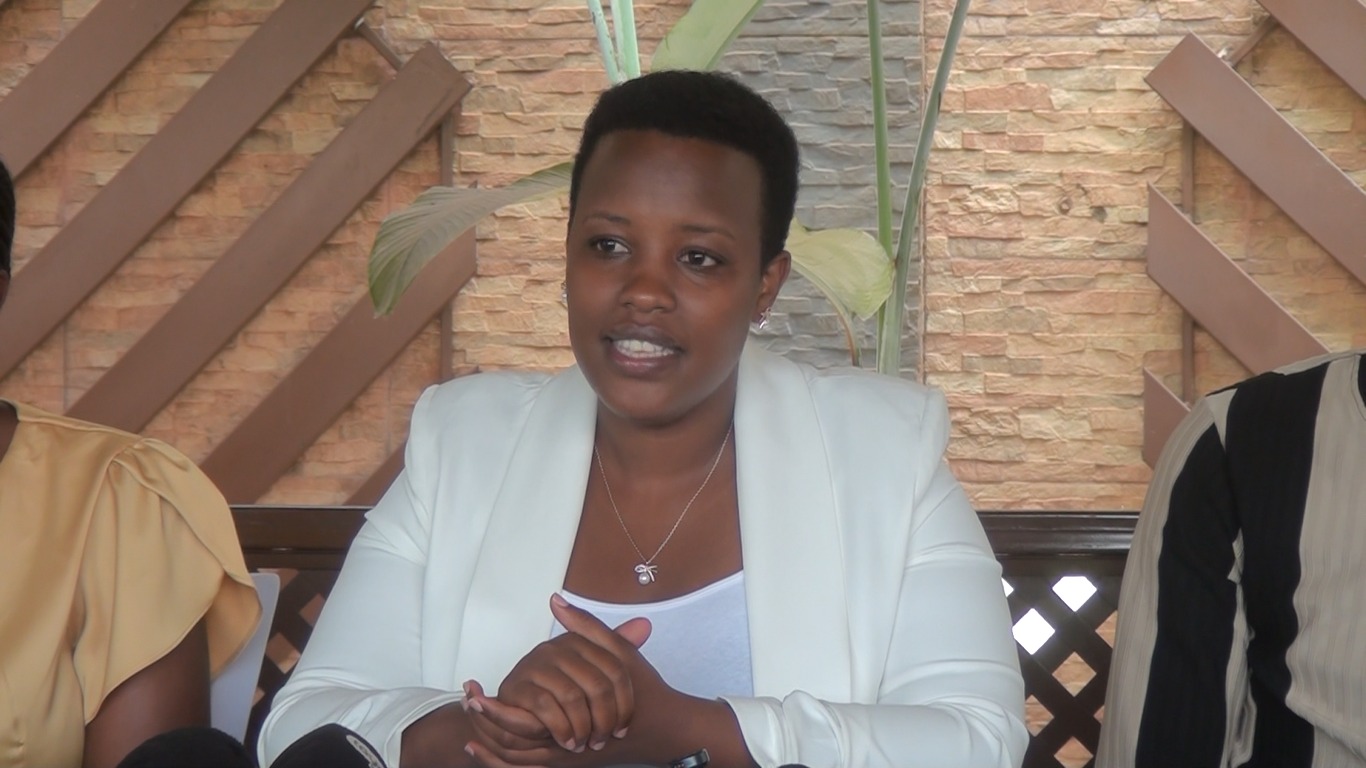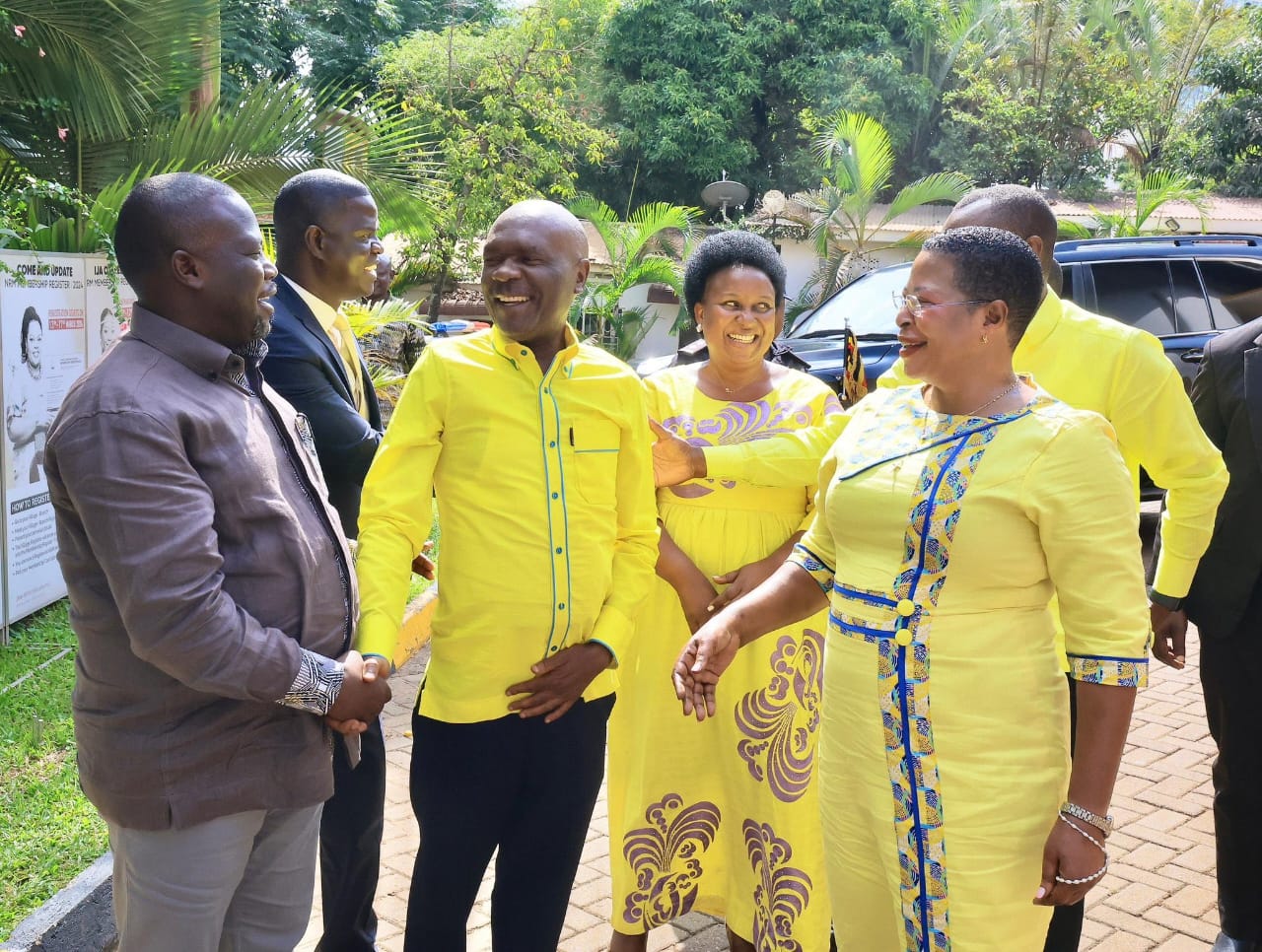In a significant move aimed at bolstering the integrity of the upcoming elections, the Electoral Commission (EC) has released official symbols for 27 registered political parties and a set of 20 symbols available for independent candidates.
This development, mandated under the Political Parties and Organisations Act of 2005, aims to prevent voter confusion and ensure a smooth electoral process in the East African nation’s multiparty system.
The announcement comes as part of the EC’s broader preparations for the elections, scheduled for early 2026, which will include presidential, parliamentary, and local government contests.
EC spokesperson Julius Mucunguzi emphasized the importance of these symbols in a post on X, stating that they will be allocated to independent candidates on a first-come, first-served basis during nominations.
“This step ensures clarity on the ballot and upholds the principles of fair competition,” Mucunguzi noted, highlighting how the symbols help illiterate or visually impaired voters identify their preferred choices easily.
The 20 symbols designated for independent candidates include everyday objects such as a ball, banana, boat, book, borehole, candle, car, chair, clock, coffee, cup, house, jerrycan, kettle, megaphone, pot, radio, saucepan, table, and television.
These icons, depicted in simple black-and-white illustrations, were shared widely on social media by the EC and journalists, sparking lighthearted commentary online. One X user humorously remarked that the list resembled a “nursery class alphabet chart.”
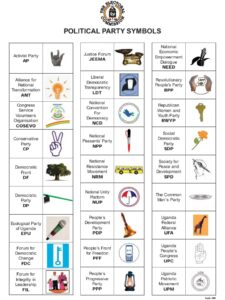
Nominations for local government positions, including subcounty and municipal chairpersons, are currently underway and set to conclude on September 24, 2025, with independent aspirants required to select from this pool to distinguish themselves from party-affiliated candidates.
For the 27 political parties, the EC has confirmed their recognition following an update to the national register last month. This update requires parties to maintain operational offices, clear leadership structures, and verifiable contact details to remain eligible.
The list includes longstanding players like the ruling National Resistance Movement (NRM), led by President Museveni, whose symbol is a yellow bus representing progress and mobility. Opposition heavyweights such as the National Unity Platform (NUP), symbolized by a red umbrella for protection and unity, and the Forum for Democratic Change (FDC), with its key emblem means unlocking Uganda’s great potential.



